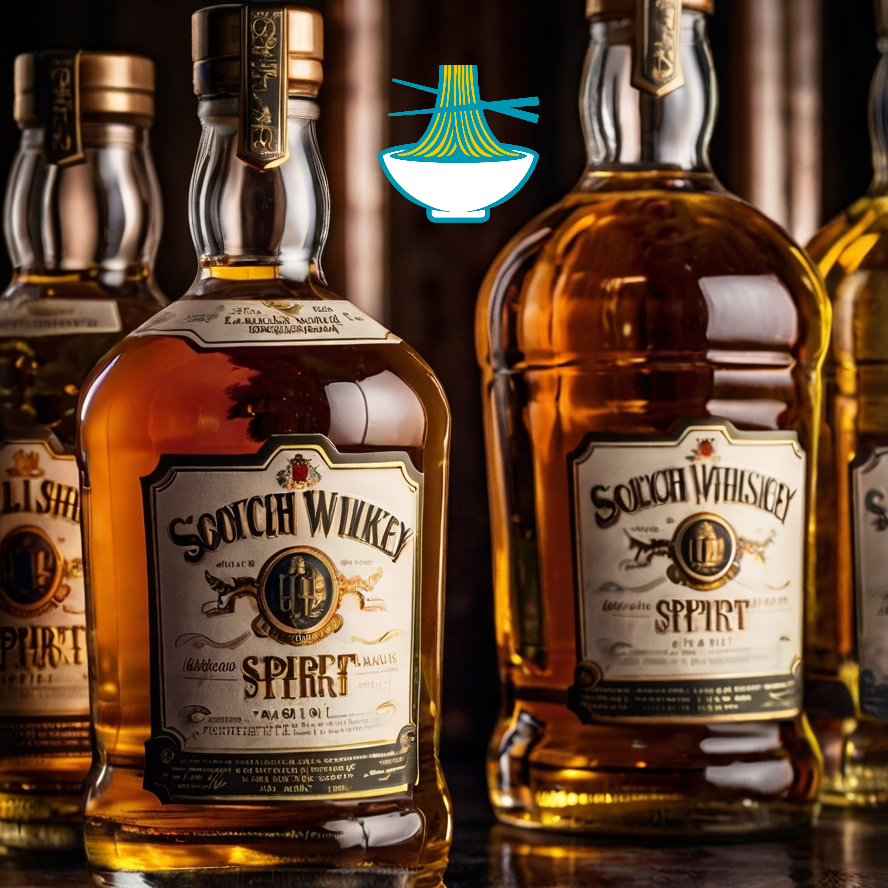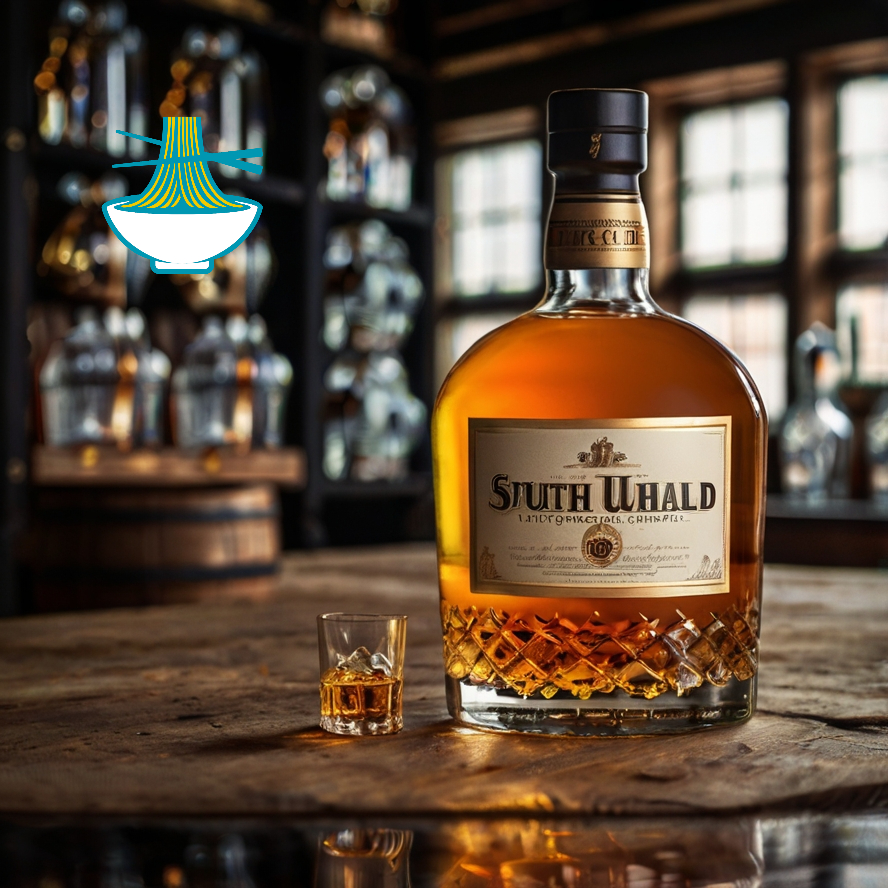Discover how to make your own Scotch whisky at home with our detailed guide. Learn the traditional methods used in crafting this world-famous distilled spirit from malted barley or grain. Perfect for whisky enthusiasts and home distillers looking to create a truly authentic Scotch whisky experience.
Ingredients:
- 2.5 kg (5.5 lbs) malted barley (or grain for a lighter whisky)
- 10 liters (2.6 gallons) water
- 10 grams (0.35 oz) yeast
- 50 grams (1.76 oz) malt extract (optional, for added flavor)
- 1-2 teaspoons of peated malt (optional, for a smoky flavor)
Equipment:
- Large fermentation vessel
- Still (pot still or reflux still)
- Airlock
- Hydrometer
- Large pot
- Strainer
- Bottles for aging
Instructions:
Mashing:
- Heat 10 liters of water to around 65°C (149°F). Add the malted barley (or grain) and stir well. Maintain this temperature for 1-2 hours to allow the enzymes to convert the starches into fermentable sugars.
Straining:
- After mashing, strain the mixture through a fine mesh strainer or cheesecloth into a clean fermentation vessel. This liquid is called wort.
Cooling:
- Allow the wort to cool to around 20°C (68°F). This is the ideal temperature for yeast fermentation.
Fermentation:
- Add yeast to the cooled wort. If using, add malt extract and peated malt at this stage. Seal the fermentation vessel with an airlock to prevent contamination. Let it ferment for 7-10 days, or until fermentation activity ceases (as indicated by no bubbles in the airlock).
Distillation:
- Transfer the fermented liquid to your still and distill according to the still’s instructions. Collect the distillate in separate fractions and discard the first fraction (the "heads") and the last fraction (the "tails"). The middle fraction (the "hearts") is your Scotch whisky.
Aging:
- Bottle your Scotch whisky and age it in oak barrels or casks for a minimum of 3 years. The longer it ages, the smoother and richer the flavor will become.
Enjoy:
- Once aged, your Scotch whisky is ready to be enjoyed. Serve neat, on the rocks, or in your favorite whisky cocktails.
Note: Homemade whisky production may be subject to legal regulations depending on your location. Ensure compliance with local laws before attempting.
Nutritional values
Malted Barley (2.5 kg / 5.5 lbs)
- Calories: 350-400 kcal per 100 grams
- Carbohydrates: 70-75 grams per 100 grams
- Proteins: 10-15 grams per 100 grams
- Fats: 1-2 grams per 100 grams
- Fiber: 10 grams per 100 grams
- Vitamins & Minerals: Rich in B-vitamins (especially B1, B2, B6), iron, magnesium, and phosphorus.
Benefits:
- Provides a significant amount of carbohydrates, which are essential for fermentation.
- High fiber content aids in digestion.
- Contains essential vitamins and minerals beneficial for overall health.
Water (10 liters / 2.6 gallons)
- Calories: 0 kcal
- Carbohydrates, Proteins, Fats: 0 grams
Benefits:
- Essential for hydration and maintaining bodily functions.
- Acts as a medium for the fermentation process.
Yeast (10 grams / 0.35 oz)
- Calories: 30-40 kcal per 10 grams
- Carbohydrates: 3 grams per 10 grams
- Proteins: 5 grams per 10 grams
- Fats: Minimal
- Vitamins & Minerals: Rich in B-vitamins (especially B12), selenium, and chromium.
Benefits:
- Critical for converting sugars into alcohol and carbon dioxide.
- Provides B-vitamins and proteins, enhancing the nutritional profile of the final product.
Malt Extract (50 grams / 1.76 oz) (Optional)
- Calories: 150 kcal per 50 grams
- Carbohydrates: 35 grams per 50 grams
- Proteins: 2 grams per 50 grams
- Fats: Minimal
Benefits:
- Adds sweetness and complexity to the flavor.
- Provides additional carbohydrates and some proteins.
Peated Malt (1-2 teaspoons) (Optional)
- Calories: Minimal, dependent on amount used
- Carbohydrates, Proteins, Fats: Minimal, dependent on amount used
Benefits:
- Adds a smoky flavor to the whisky, contributing to its distinct taste.


Comments